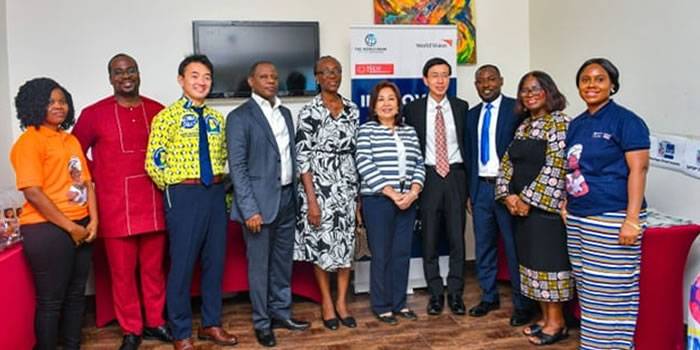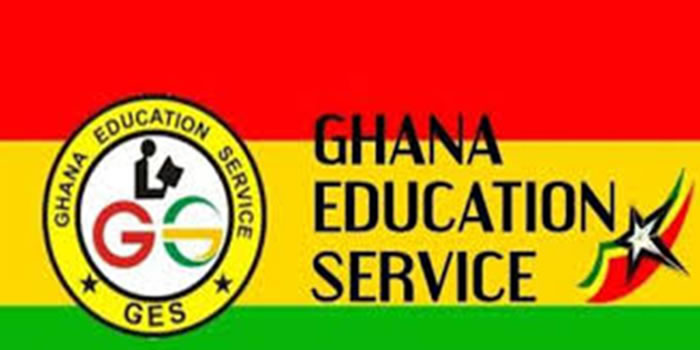

Water supply
Access to potable water has improved considerably within the during within the last few years. A reconnaissance survey indicated that over 70 percent of the people in the district has access to potable water. (See table 1.43)
The main sources of drinking water in the district are boreholes, hand dug wells, streams, springs, rivers and harvested rain. Kumawu and the surrounding communities have difficulty in accessing water. In the same vein, communities in the Afram Plans, - Anyinofi and the surrounding communities, Hamidu, Fumsua, Samso and other communities also have difficulty in accessing good drinking water.
From the table, pipe borne, well and borehole as sources of drinking water constitute over 60 percent of the total sources of drinking water in the district. During the dry season, women and children spend several hours or days in search of water. This situation does not promote productive activities such as farming nor does it promote safe hygiene as domestic water is collected from any source.
As compared to the north - eastern portion of the district, the south - western portion of the district has more boreholes ie. Afram Plains. This has resulted in the outbreak of some water borne diseases like cholera and guinea worm infection in the Afram Plains portion, particularly at Densi, which in June 2006 recorded 28 guinea worm infection cases. The Assembly should do well to provide communities in the Afram Plains with enough boreholes in its development agenda for 2006 - 2009.
Sanitation
The provision of sanitary facilities in the district has not kept pace with the rapid population growth, particularly in major settlements like Kumawu, Effiduase, Asokore, Bodomase and others. Toilet facilities are inadequate in almost every community in the district. Provision of household toilets is not encouraging in spite of intensive education throughout the district. Over 80 percent of houses in the district do not have latrines and about 50 percent of the communities in the district do not have communal latrine. A survey conducted revealed that over 50 percent of the population depends on public toilets. (See table 1.44)
Keeping the environment clean and healthy is a serious problem in almost all the communities in the district. Quite a number of people in the district litter refuse and human excreta around with refuse in the communities and along paths and roads. Only a few larger settlements have organized refuse dumps.
There is the need for the Assembly and other stakeholders in the communities, particularly traditional authorities to educate and advise the people on the need to keep their environment clean. For the next four years, the district would need about two thousand household latrines and about two hundred public latrines in the small communities.
Drainage
Drainage is one of the serious problems in the district. Most of the larger communities like Kumawu, Asokore, Effiduase, Banko, Bodomase, Besoro and others do not have good drainage systems. Lack or inadequate drainage systems in these settlements have resulted in deep gully erosion channels along the streets and roads and sometimes foundations of buildings in these settlements are seriously undermined as they hang. The Assembly and the Town/Area Councils in these settlements should collaborate to improve and construct the drainage systems at least in the major settlements.
Date Created : 11/25/2017 4:10:34 AM











 facebook
facebook
 X
X
 Youtube
Youtube
 instagram
instagram
 +233 593 831 280
+233 593 831 280 0800 430 430
0800 430 430 GPS: GE-231-4383
GPS: GE-231-4383 info@ghanadistricts.com
info@ghanadistricts.com Box GP1044, Accra, Ghana
Box GP1044, Accra, Ghana